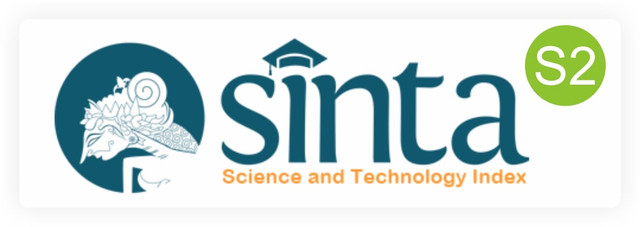In silico study of the essential oil compounds of ginger and thyme on Coronavirus-2 receptors
DOI:
https://doi.org/10.12928/pharmaciana.v13i3.26964Keywords:
in silico, ginger and thyme herbs, 3-Cl protease, spike glycoprotein coronavirus-2Abstract
Coronavirus-2 (SARS-Cov-2) is a virus that attacks the respiratory system and causes the Covid-19 pandemic. After the pandemic, prevention and appropriate therapy research continue to be carried out to anticipate the emergence of more dangerous viruses. In line with the culture of consuming herbs that has arisen due to the effects of the pandemic, in this study, an insilico screening was carried out for essential oil compounds produced by ginger and thyme herbs which have been widely consumed by the public. The aim of the research was to find the essential oil content that has the most potential as an antiviral against coronavirus-2. The research method was carried out in silico, including ligand preparation, receptor and method validation, and analysis of ligand-receptor binding interactions using the AutoDoc 4.2.6 program. As a comparison, a study was conducted on remdesivir and favipiravir, which have been used as antivirals. The three components that have the most potential based on the calculation of the free energy value, were determined by the ADMET parameters using the Admet lab 2.0 program. The results showed that the three components in the essential oil exhibited better interactions when compared to remdesivir and favipiravir at the 3-Cl protease and spike glycoprotein receptors. The results of the insilico study and ADMET prediction test showed that of the three most potent compounds, lamda-farnesen was the most potent and safe to use
Downloads
Published
Issue
Section
License
Authors who publish with Pharmaciana agree to the following terms:
- Authors retain copyright and grant the journal the right of first publication with the work simultaneously licensed under a Creative Commons Attribution License (CC BY-SA 4.0) that allows others to share the work with an acknowledgment of the work's authorship and initial publication in this journal.
- Authors are able to enter into separate, additional contractual arrangements for the non-exclusive distribution of the journal's published version of the work (e.g., post it to an institutional repository or publish it in a book), with an acknowledgment of its initial publication in this journal.
- Authors are permitted and encouraged to post their work online (e.g., in institutional repositories or on their website) prior to and during the submission process, as it can lead to productive exchanges, as well as earlier and greater citation of published work.


1.png)











